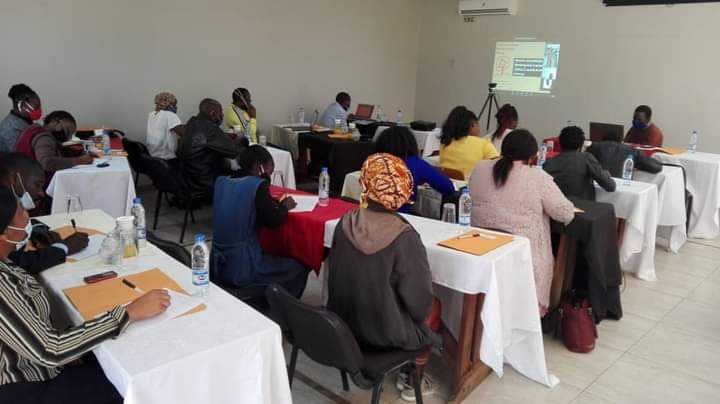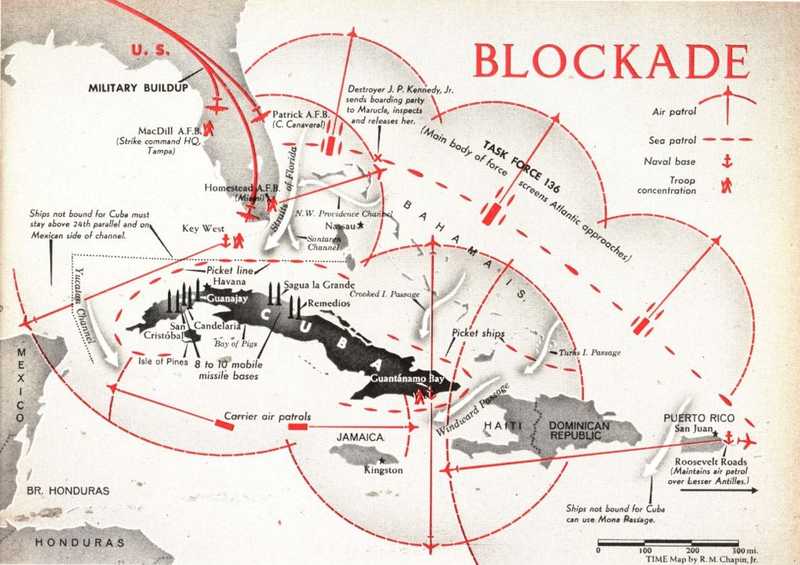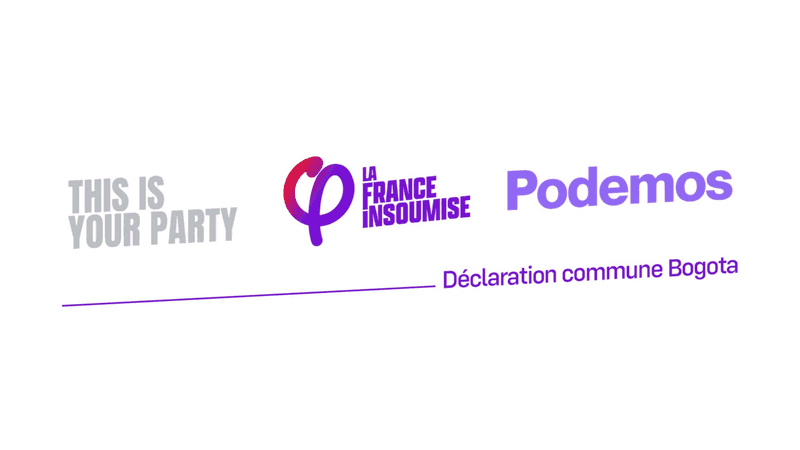
It was the formation of the Berlin Conference that divided the continent into colonies of foreign interests and ripped the social fabric that had once delivered prosperity to its residents. Today, most African countries have fought and gained their independence, but they remain trapped in conditions of economic colonisation. And land — the source of life and livelihood for so many millions of Africans — sits at the centre of this story of new colonial exploitation.
In particular, the expropriation of land in the course of colonial expansion has left most Africans in conditions of perpetual poverty, striving to survive. And it is there — in the slum cities of Kibera, Khayelitsha, and Katutura, not in the skyscrapers of Johannesburg or the gated communities of Cape Town — that Africa’s true wealth resides.
In Zimbabwe, indigenous communities in the late-nineteenth century were forced off their lands and relocated to barren and unproductive areas called tribal reserves — now known as communal areas. In total, this process of dispossession amounted to about 16 million hectares for about 8 million people by 1999 — while 11 million of the country’s richest and agriculturally productive land remained in the hands of just 4,500 commercial farmers, the inheritors of Zimbabwe’s colonial past.
The fight for land justice in Zimbabwe has already begun. Following a 15-year war of liberation — or hondo yevhu/nyika, or “land war,” in the local Shona language — a wave of farm expropriations and land reforms began to win back the sovereignty that had been lost to the people of Zimbabwe under colonial rule. It took 20 years after independence for ordinary citizens to feel the gains of this land war, but five million people now base their livelihoods on the land in Zimbabwe.
As the first country to rebel against the Berlin Conference agreements, Zimbabwe must fight harder to dismantle the colonial land governance and tenure systems that continue to dispossess its people.
That is why the Zimbabwe People’s Land Rights Movement is working with rural and marginalised communities in the promotion and protection of habitat rights.
Through grassroots education on habitat rights and engagement with the various arms of the state, the ZPLRM is defending land rights in Zimbabwe’s rural resettlement communities.
In partnership with the Habitat International Coalition, we have set up a violations database documenting habitat violations in Zimbabwe. The Violation Impact-assessment tool has been key in monitoring violations and response. We have also worked on urgent action appeal to stop forced rural evictions.
In line with our bottom-up approach in partnership with HIC-HLRN, we have just completed the first phase of the Women’s Land and Housing Rights Project.
We are working on our membership recruitment and capacity building having a target of having organisational structures and membership in each of the 10 provinces of the country by 2023.
Our objectives at the Zimbabwe People’s Land Rights Movement include:
- Building a proactive peoples' land rights movement.
- Advocating for sustainable and equitable land governance structures and policies.
- Empowering citizens and campaign for their rights to land-based resources.
- Facilitating engagement between government and citizenry to ensure sustainable and equitable land-based resource utilization.
- Building local, regional and international advocacy and solidarity networks.
- Monitoring and auditing the implementation of land and natural resource policies.
Our areas of programming include:
- Local, regional and international solidarity, advocacy, lobby and networking on best practices
- Leadership development and grassroots civic education
- Community outreach
- Membership mobilization and capacity building
- Research, documentation and publication
Hilary Zhou is the ZPLRM National Coordinator




